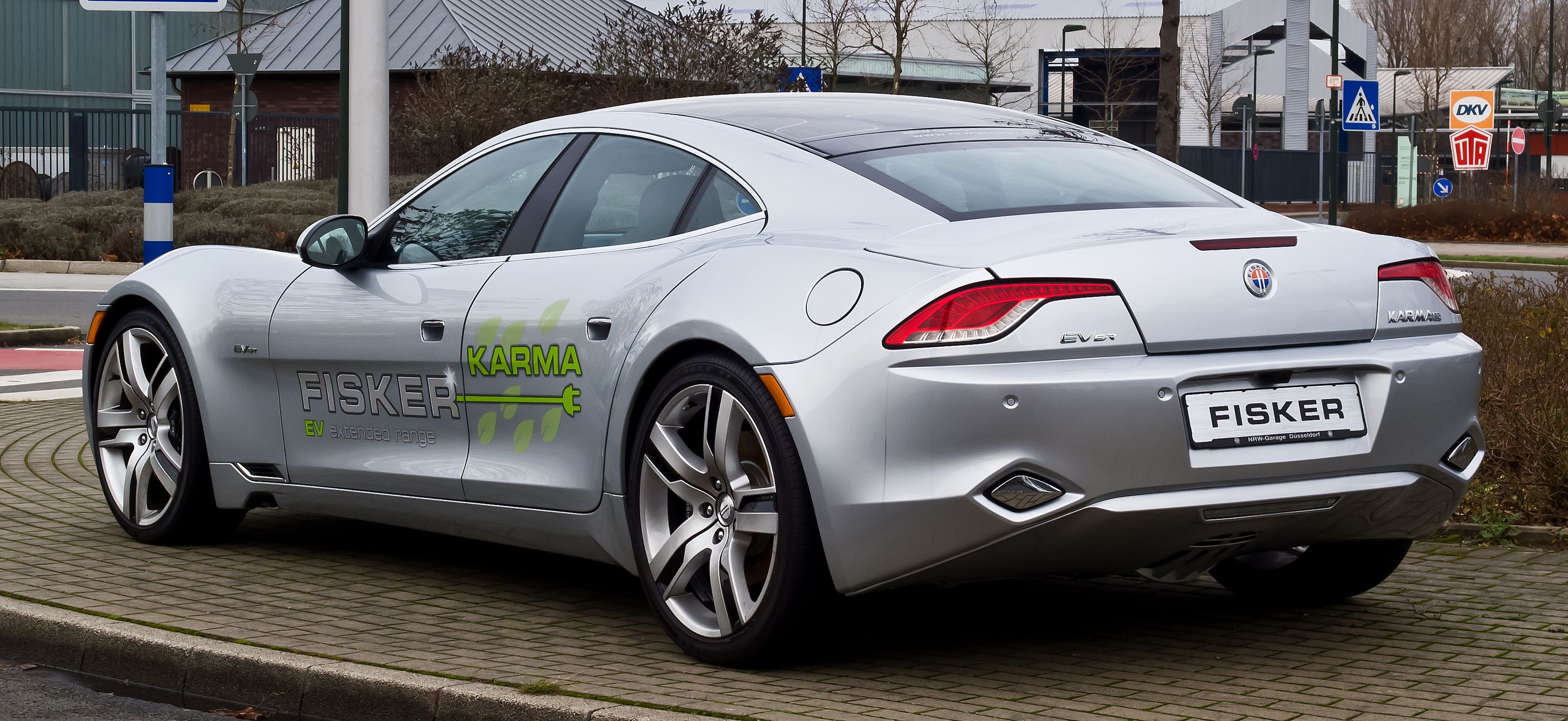Danish car designer Henrik Fisker announced on Tuesday that he is launching a new electric car company that will be “a spiritual successor” to his previous venture, which failed in 2013.
Fisker plans to present his new electric car sometime during the second half of 2017 with an ambition to compete with the Tesla Model S.
The car will be powered by a new battery technology that uses graphene, which will allow the vehicle to drive up to 650 km between charges – the longest range of any electric car previously developed.
“For the last two years, I have been looking at battery technologies and wanted to see if there was something that could really give us a new paradigm,” Fisker told Bloomberg.
“We had the strategy of developing the technology as fast as possible without getting tied down to a large organisation, which would hold us back. Now we have the technology that nobody else has. And there is nobody even close to what we are doing out there.”
READ MORE: Danish car designer Henrik Fisker suing Aston Martin
In 2007, when Fisker founded his previous company Fisker Automotive, he managed to raise hundreds of millions of dollars from private investors and taxpayer-funded loans.
However, he only produced about 2,000 cars before he had to file for bankruptcy, and his company was bought by Chinese auto parts maker Wanxiang Group in 2014.
Fisker’s new company is called Fisker Inc and based in California, where the Danish car designer resides.














